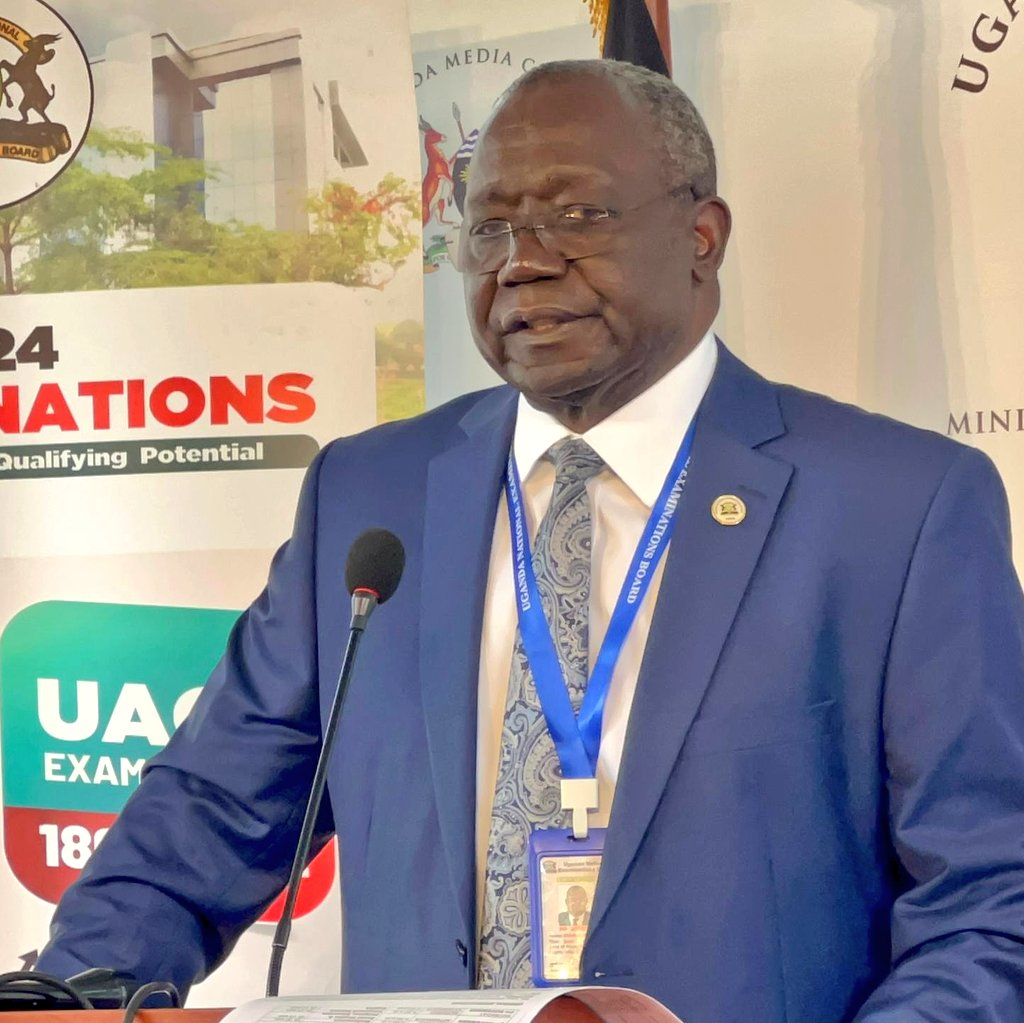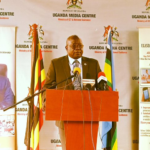The Uganda National Examinations Board (UNEB) has released examination timetables for candidates in Primary Seven, Senior Four, and Senior Six final exams.
This is the first time that UNEB will be examining candidates of lower secondary curriculum for the award of Uganda Certificate of Education.
Speaking at the event, UNEB Executive Secretary, Dan Odongo said, “Unlike previously when we had three sets of examinations, UNEB will this time round conduct Four Examinations (4Es), the UCE Examination based on the NLSC and the UCE (transitional examination), based on the old curriculum.
He added, “We have recorded a very significant increase in candidature at UACE level this year, with 142,017 candidates, compared to last year’s candidature of 110,579. This reflects an increase of 28.4%.”
He noted that at PLE level, the increase stands at 6.6% with a total of 798,763 candidates registered.
In terms of funding, 698,808 (53%) of the total candidature are funded by the government under the Universal Education Programs, while 621,592 (47%) are privately sponsored.
“The transitional examination is aimed at giving an opportunity to those that needed to repeat or those that missed the examination in 2023 for various reasons. This is a one –off examination under the old curriculum,” Odongo noted.
The exams will take place between October and November. Senior Four candidates will have their briefing on October 11, with the Uganda Certificate of Education (UCE) exams starting on October 14. This year marks a significant transition, as it is the first UCE exam conducted under the new lower secondary curriculum.
With just two weeks to prepare, approximately 300,000 students are registered for the UCE exams, alongside 10,000 students taking transitional examinations under the previous curriculum.
The introduction of the new curriculum has led to uncertainty among schools, students, and parents regarding exam expectations and outcomes. Many schools, especially in rural areas, face challenges such as a lack of instructional materials, inconsistent grading and assessment guidelines, and concerns about student preparedness for this critical academic phase.
The new curriculum focuses on practicals, hands-on approach that enhances critical thinking and problem-solving skills.








